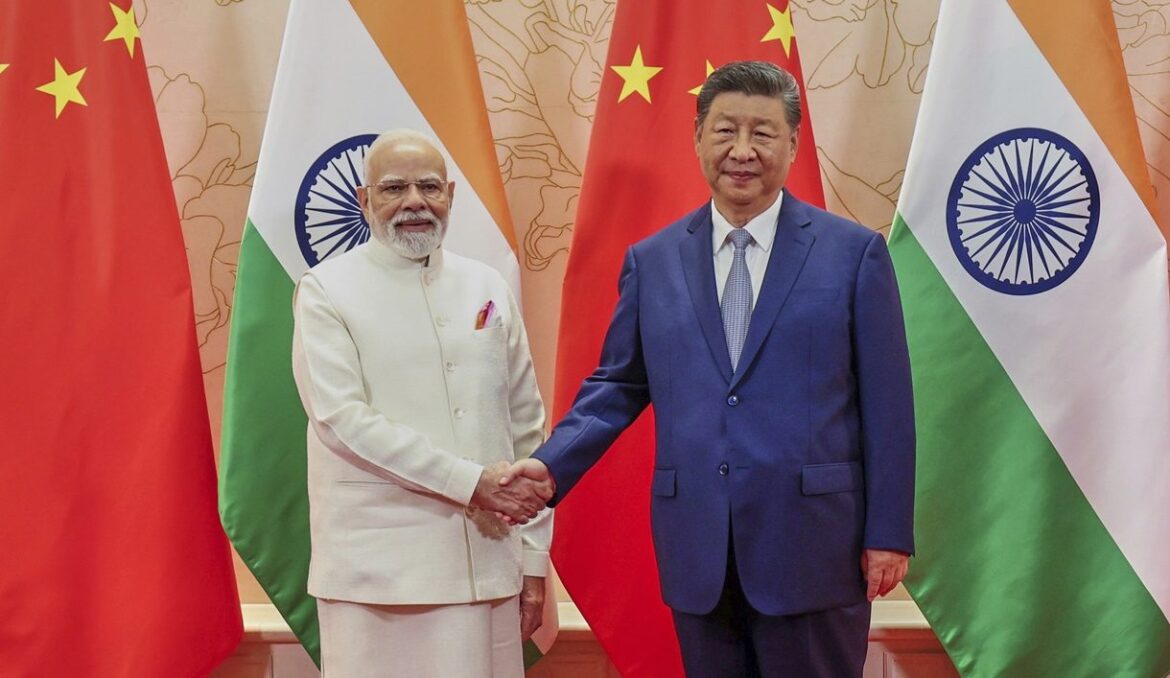In barely three days, India has set in motion a significant diplomatic effort to rearrange its great-power relations amid the turbulence unleashed over the last six months by US President Donald Trump.
Tokyo and Tianjin, two cities Prime Minister Narendra Modi visited in the last few days, could not be more different, geopolitically. Tokyo, the capital of Japan, has been one of Washington’s closest allies since the Second World War. Tianjin, a port city that once served imperial Beijing, now represents China’s rise as a challenger to American primacy in Asia and beyond.

That India has simultaneously deepened ties with Japan and accelerated re-engagement with China—two Asian great powers with little strategic convergence—is not so much a testament to Delhi’s diplomatic “magic touch” as it is to the ripple effects of Trump’s dramatic reorientation of US policy.
In Tokyo, Modi signed a raft of agreements to intensify commercial, technological, security and human-resource cooperation with Japan. In Beijing, Modi and Xi Jinping agreed to consolidate commitments to end the five-year chill in bilateral ties, stabilise the boundary, lift restrictions on economic exchanges, and explore common ground on regional and global issues.
By turning up the heat on friends and foes alike, Trump is compelling Asian actors to recalibrate their relations. In riding roughshod over partners such as Australia, India, Japan and South Korea on trade, and by threatening to weaponise security ties, he has forced them both to strengthen bonds with one another and to reduce tensions with China.
Of course, differences on trade and security could, in principle, have been resolved through negotiation between Washington and its Asian allies. But Trump not only set impossible unilateral demands, but he also insisted on humiliating public concessions.
Having presided over a major expansion of India-US ties in his first term (2017–21), Trump has now let personal pique override sound judgement. His fury at Delhi’s refusal to credit him with ending India-Pakistan hostilities in May—and to recommend him for the Nobel Peace Prize—spilled over into policy.
He responded with additional tariffs on India and a vicious campaign against Modi personally. It is rare in modern diplomacy to see the leader of the world’s most powerful nation allow personal resentments to drive strategy against a major partner to such an extent.
Many US allies fell into line. India did not.
Delhi avoided a public spat with Trump despite severe provocation but quietly resolved to resist pressure. This measured stance reflected a recognition of the US partnership’s enduring importance for India’s long-term security and prosperity.
Nor does India want to squander the political and diplomatic investments of the past 25 years in building that relationship. Yet the volatility of US policy under Trump—and the surprising new malice towards Delhi emanating from the White House—has forced India to take a deep breath and rebalance relations with other major powers, including China, Japan, Europe, and Russia.
Unsurprisingly, the Foreign Office, in its read-out of Modi’s meeting with Xi today, highlighted Delhi’s emphasis on “strategic autonomy”.
Some assume India has rushed into Beijing’s arms after being spurned by Washington. In fact, the cautious normalisation of ties with China began as early as October 2024, after months of painstaking negotiations. Still, there is no denying that Trump’s bullying of allies and adversaries alike has altered the political context for both India and China.
Although Trump continues to tout the prospect of a “grand bargain” with Beijing, he insists it will be on American terms. The relentless pressure his administration has piled onto China across multiple domains means that Beijing is not yet taken in by his claims of special friendship with Xi.
China is keeping the door open for stronger ties with Washington based on political dignity and mutual benefit, deepening its partnership with Russia, reaching out to America’s allies in Europe and Asia, and rebooting relations with its neighbours.
India, coming from a quite different starting point, is nonetheless headed in the same direction.
C Raja Mohan is a contributing editor on international affairs for The Indian Express


AloJapan.com